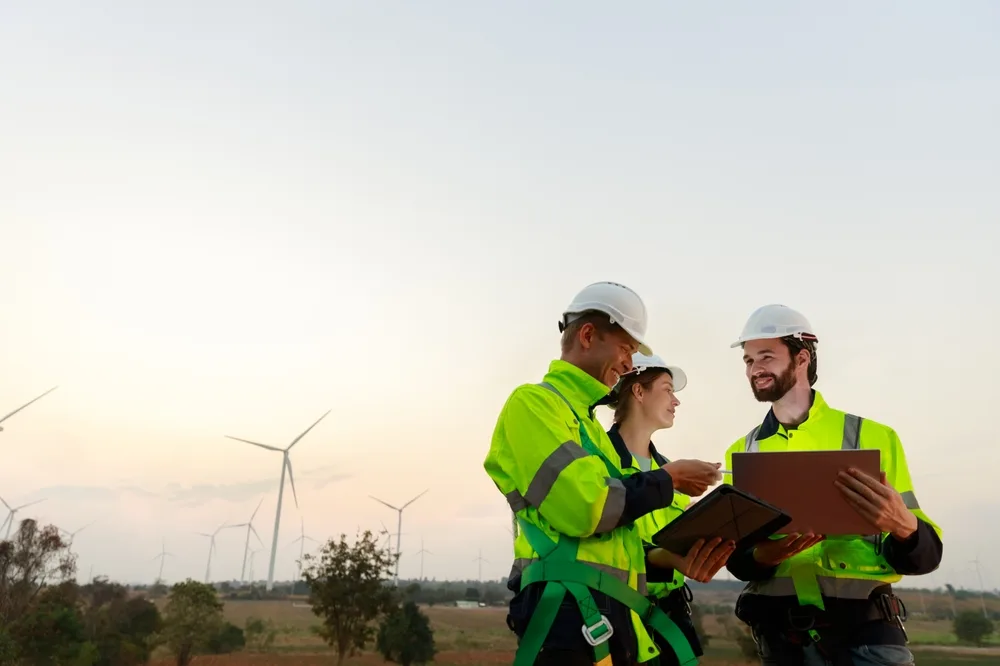

This course provides the foundations that will help learners comprehend the concepts of renewable energy. It deals with the basic principles of different renewable energy types such as solar, wind, hydro, and biomass, equipping learners with the necessary understanding of their uses and advantages in sustainable energy development.
Compared to conventional energy technologies, renewable energy technologies offer clean energy sources with much lower environmental impacts. Of all the industrial sources of air pollution, electricity generation is the most significant cause of this in the world today. Sadly, most of our electricity comes from coal, nuclear, and other non-renewable power plants. The way these energy resources are harnessed and their production processes bring considerable pollution to the air, land, and water.
Taking up this course in renewable energy sources will enable you to respond to global issues of climate change and lower your carbon emissions. The basic training of renewable energy will provide information on various new technologies, how they are built, and the advantages and disadvantages associated with each type of renewable energy generation.
Moreover, this Level I renewable energy solutions course will encourage ways to incorporate renewable energy into the grid system. Special attention will be given to renewable energy from advanced distributed energy storage systems to meet the increasing quest for electrical power.
At the end of this Basics of Renewable Energy, participants should be able to:
Unit 1: Renewable Energy and the World Today
Unit 2: Types and Characterization of Renewable Energy and Solar Power Generation
Unit 3: Wind Power, Construction, and Operation of Wind Turbines
Unit 4: Bioenergy, Tidal, and Hybrid Renewable Energy Systems
Unit 5: Distributed Energy Resources (DER) and Storage Systems
Invalid mobile number. Please enter a valid number.
















